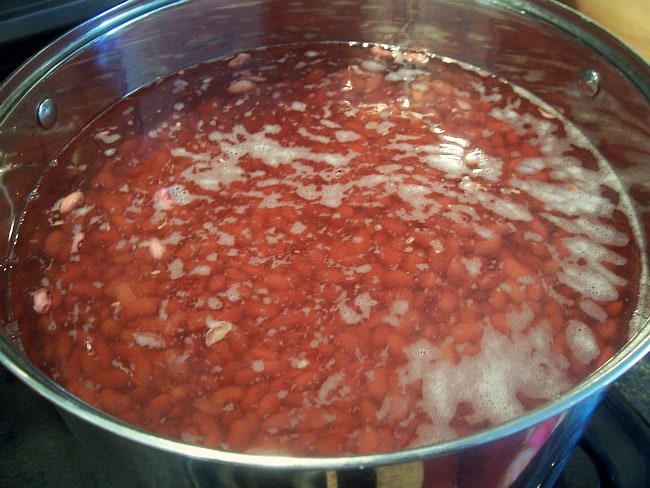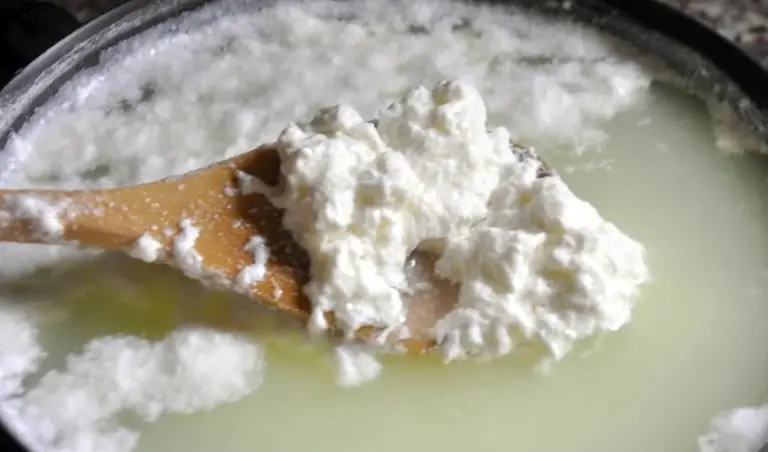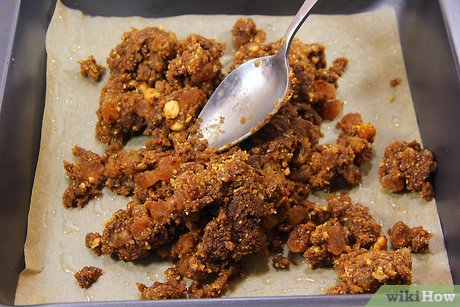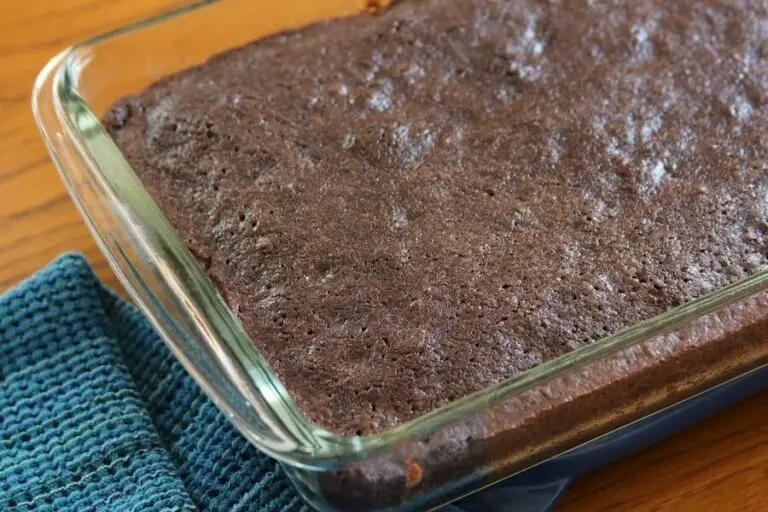Cooked beans are a staple food in many households due to their versatility and nutritional value. However, just like any other perishable food item, cooked beans can go bad if not stored properly or consumed within a certain timeframe. It’s essential to know the signs that indicate your cooked beans have gone bad to avoid health risks associated with consuming spoiled foods. In this article, we’ll discuss various factors related to cooked bean shelf life, signs that your beans have expired, potential health risks associated with eating spoiled beans, proper storage methods for cooked beans, and potential ways to salvage them.
The Shelf Life of Cooked Beans
The shelf life of cooked beans depends on how well they are stored along with numerous other factors such as type of bean, cooking style, and more. Nevertheless, the average lifespan of cooked beans is between 3-5 days. However, some varieties of cooked beans can last up to one week if they’re refrigerated immediately after cooking. For example, lima beans can stay fresh for a week while soybeans or kidney beans will only last for four days.
If you leave your cooked beans out at room temperature for more than two hours after cooking or five hours if the ambient temperature is over 90°F (32°C), bacteria starts thriving on them rapidly, causing spoilage faster. This can lead to stomach problems or severe food poisoning if ingested.
You can keep track of the shelf life by labeling bags or containers storing your cooked bean products and ensuring all leftover dishes reach an adequate internal temperature before consumption.
Signs that Your Cooked Beans Have Gone Bad
Cooked Beans tend to develop an unpleasant taste and odor when they begin spoiling; however sometimes these changes might barely be noticeable at first until the problem becomes severe.
Here are some signs that may indicate your cooked beans have gone bad:
Appearance Changes
- Mold growing on top
- Discoloration from white to yellowish or brownish color
- Shrinking in size
- Slimy texture that shows signs of bacterial growth
Texture Changes
- Dryness: Beans become harder and lose moisture
- Softness: Becomes mushier than usual
- Sliminess: Sticky texture is often due to a film left behind by slime COA
Taste Changes
Spoiled beans generally have an unpleasant sour, musty, or bitter flavor. You might feel a weird or funny smell from your bean products, which is yet another warning sign.
Risks Associated with Eating Spoiled Cooked Beans
Consuming spoiled cooked beans can lead to various health issues ranging from mild stomach problems to severe food poisoning. Food poisoning symptoms frequently involve nausea, vomiting, diarrhea, fever, abdominal cramps, or dehydration. These symptoms could start hours after eating the contaminated food. Severe food poisoning cases may require medical attention.
People with weaker immune systems could experience more profound effects when they eat bad cooked beans. Therefore avoid small children and people having underlying conditions such as HIV/AIDS and diabetes are at higher risk of its severe consequences.
Proper Storage Methods for Cooked Beans
Storing your cooked beans properly helps extend their natural shelf life while reducing the chances of bacteria growth that might cause spoilage. Here are tips on how to store them:
Refrigerating Cooked Beans
Place your leftovers in an airtight container before refrigeration after cooling to room temperature. Make sure you tightly seal the container and place it on the middle rack because this area enjoys consistent temperatures at around 40°F (4°C). Avoid storing where air particles pass through bottom vents that come from other perishables for food safe precautions.
Freezing Cooked Beans
Bean dishes frozen while fresh typically preserve their flavor quality better than refrigeration if freezing properly. Use heavy-duty freezer bags instead of storage containers since they allow for constant airflow and help minimize the risk of freezer burn, which could ruin the quality of the beans. Do not wait too long since the shelf life of frozen dishes is shorter compared to fresh ones.
Canning Cooked Beans
Canning cooked beans is another technique that you can use to expand their longevity by keeping them in a sterile environment for several months. However, improper pressure canning processes or contamination while preparing your food products can lead to botulism poisoning if not done safely.
Can You Salvage Spoiled Cooked Beans?
Although most spoiled bean dishes are unlikely to recycle, there are some cases where you could try salvaging them instead of throwing them away.
Here are some potential ways to save your spoiled cooked beans:
- Smell test: Bean dishes whose odor becomes slightly fishy or sour might be salvageable by rinsing thoroughly with cold water.
- Discard affected parts: If it’s just one part that has gone bad while slicing like sliminess on onions, discard them only and store the rest piece separately
- Use vinegar: Suppose your cooked beans still have signs of spoilage after rinsing under running water. In that case, adding a half cup of vinegar while cooking will reduce bacterial growth and neutralize its acidity level. Bear in mind that this method doesn’t render all bacteria dead.
However, if any discoloration or mold appears severe, it’s best never to experiment and toss everything out precisely because there is no guarantee that these techniques will work universally.
Conclusion
In conclusion, it’s crucial to pay close attention when consuming dangerous foods such as expired cooked beans. By understanding how long they last, what factors may impact their shelf life, how to safeguard them properly for longer-lasting freshness, and identifying warning signs promptly can reduce health risks. Proper hygiene measures extend useful product life when followed correctly, reducing the bacterial multiplication rate during storage. The best way to enjoy this nutritious food without compromising your health is to handle them with utmost care and toss whenever you are unsure instead of risking severe consequences.
Q&A
Q: Can you tell if cooked beans have gone bad by their appearance?
A: Yes, you can. If the beans are discolored, moldy, or have a slimy texture and unpleasant odor, it’s best to discard them because they may be contaminated.
Q: What should I do if I suspect that the cooked beans have gone bad?
A: The safest option is to throw them away. Eating spoiled food can cause food poisoning and other health complications. Never take chances with your health; always prioritize safety when dealing with food.
Q: Can reheating cooked beans that have been refrigerated for several days make them safe to eat?
A: Not necessarily. Although reheating may kill some of the bacteria that cause spoilage in cooked beans, it’s not a surefire way to make them safe for consumption. It’s still essential to examine the quality and freshness of the beans before consuming them.
Q: How long are cooked beans good for in the refrigerator?
A: Cooked beans can last in a refrigerator for 3-4 days if stored correctly in an opaque container with an airtight lid and at a temperature below 40°F (4°C). However, you should always ensure that they smell fresh and don’t show any signs of spoilage before consuming them.




